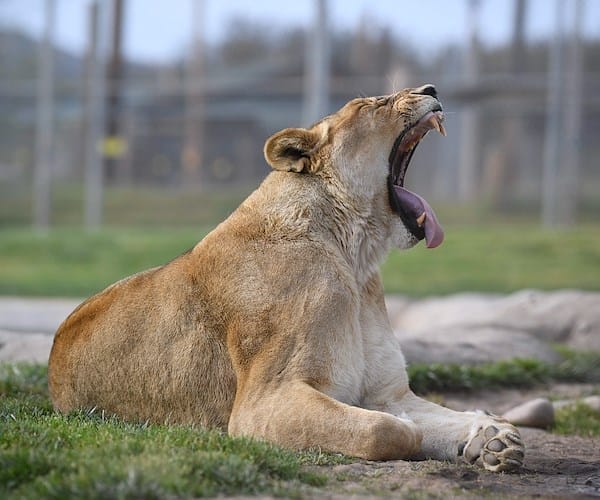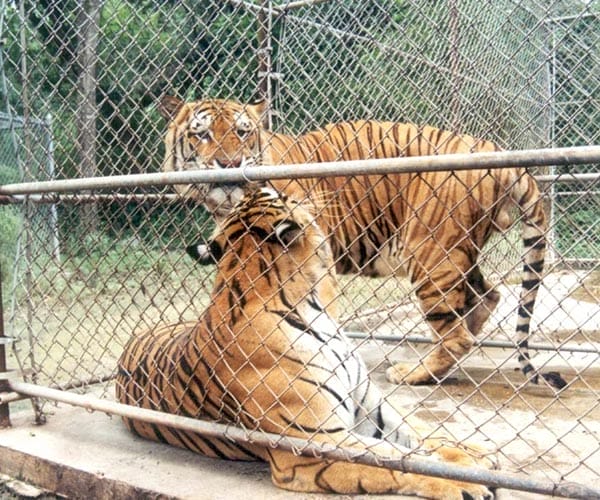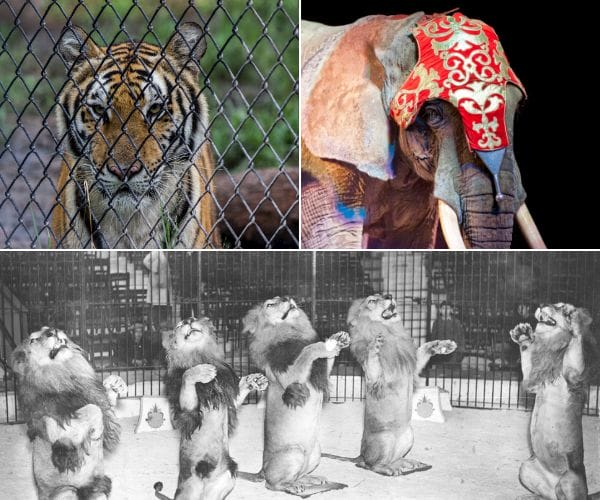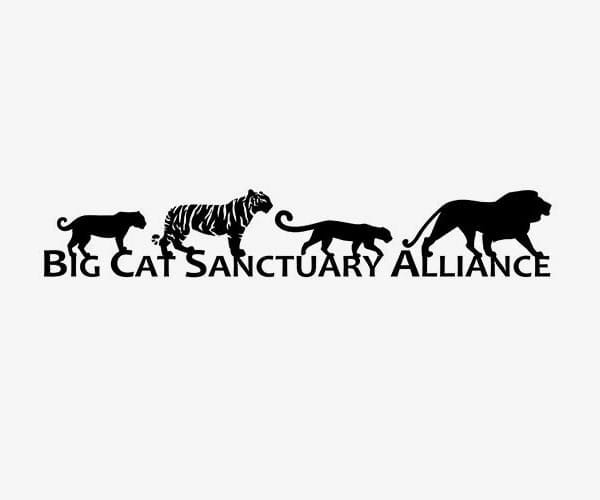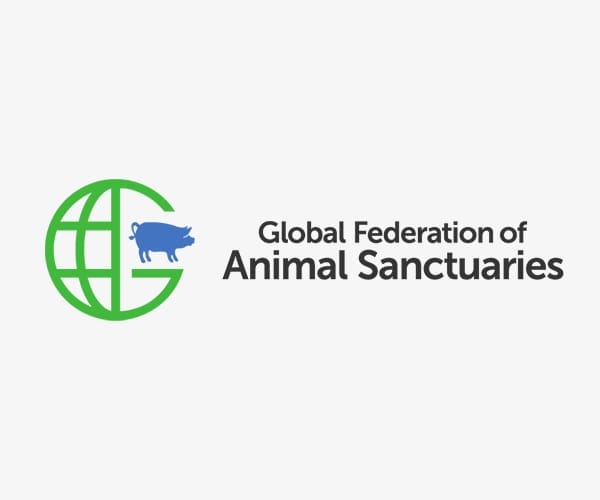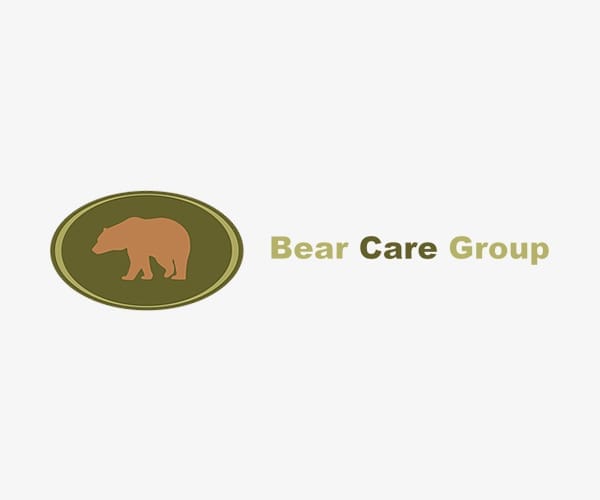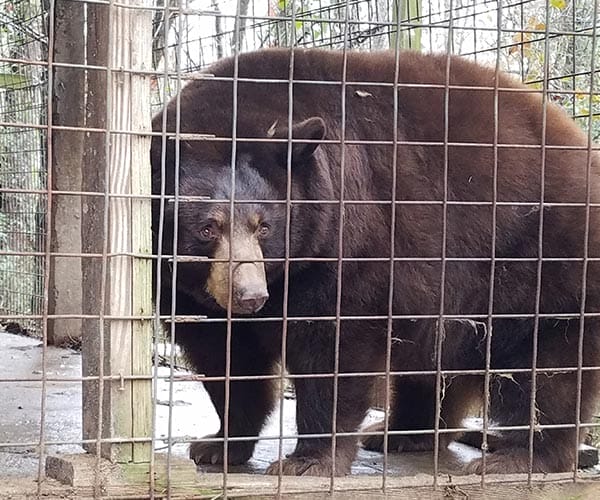On July 15, 2019 the companion bill was introduced in the Senate - S.2121 - The Traveling Exotic Animal and Public Safety Protection ACT (TEAPSPA) by Senator Robert Menendez (D-NJ) and referred to the Senate Committee on Agriculture, Nutrition, and Forestry.
CLICK HERE TO READ S.2121Due to severe confinement, lack of free exercise, and the restriction of natural behaviors, animals used in traveling circuses suffer and are prone to health, behavioral, and psychological problems. Studies show that traveling circuses compromise the welfare of wild animals, who are confined in small spaces, deprived of their physical and social needs, and spend excessive amounts of time shut in trailers and train cars. Circus animals are often seen behaving abnormally under a high state of anxiety - rocking, swaying, and pacing, all indicating that they are in distress and not coping with their environment. Ultimately, these conditions present a public safety risk and deny these animals the right to live without suffering.
The mobile and transitory nature of traveling circuses makes it difficult for authorities to enforce federal animal health, safety, and welfare laws and violations. Congress has a responsibility to protect the welfare of animals and ensure public safety. A prohibition on the use of exotic and wild animals in traveling circuses is proportionate, responsible, and the least expensive solution to this problem. Supporting the Traveling Exotic Animal and Public Safety Protection Act will ensure:
In the US, over 90 jurisdictions have full/partial bans on wild/exotic animal circus acts, and in December 2018 New Jersey and Hawaii both passed statewide bans. A number of other states are also considering bans. Now we have a chance to stop circus suffering nationwide, but we need you to speak out for the animals.
Click here for a sample letter and instructions on how to look up your legislator to urge them to support this important bill!
Click here for a sample letter and instructions on how to look up your Senators to urge them to support this important bill!